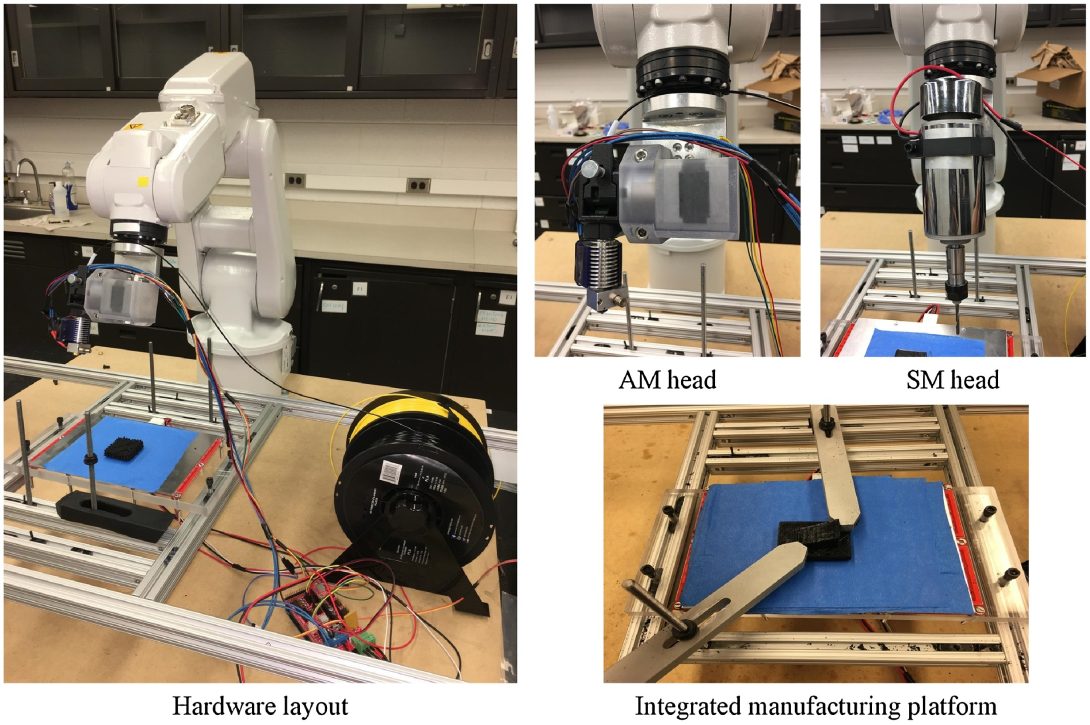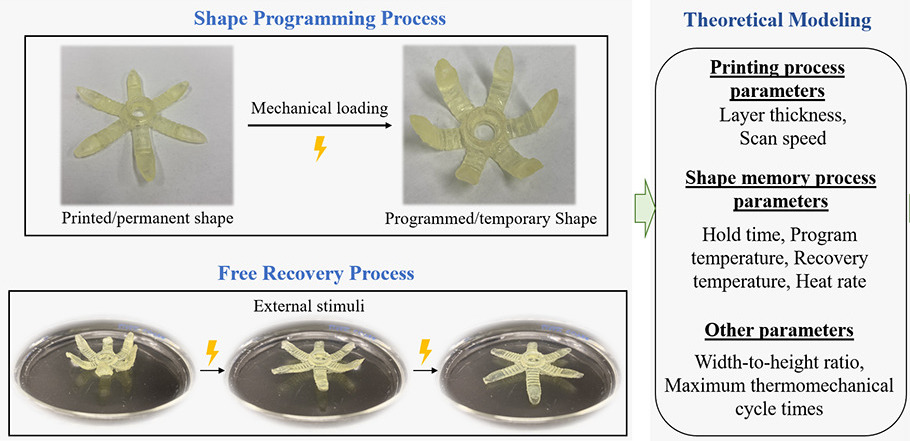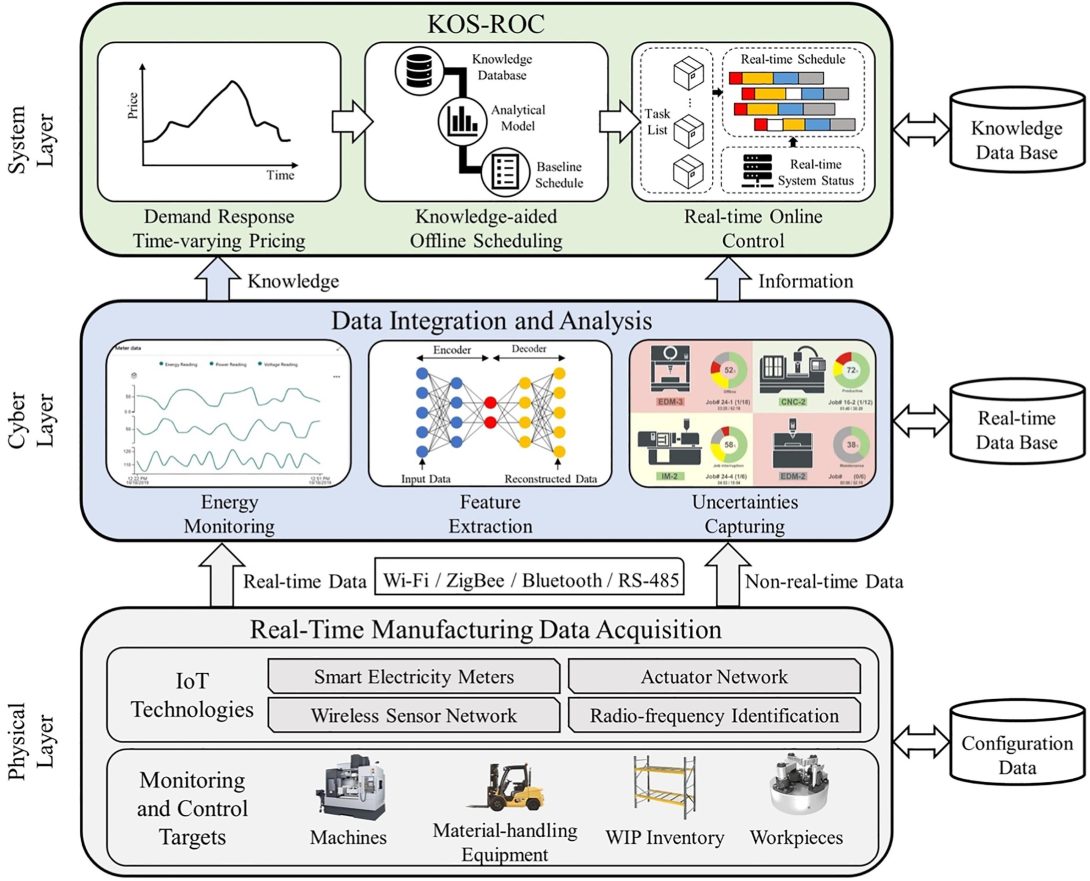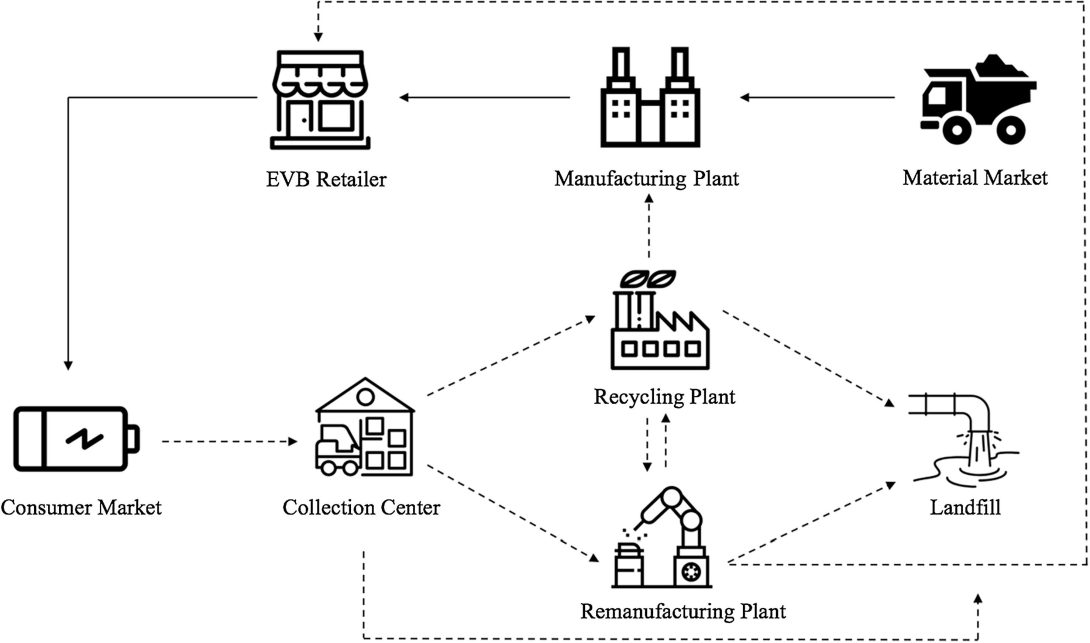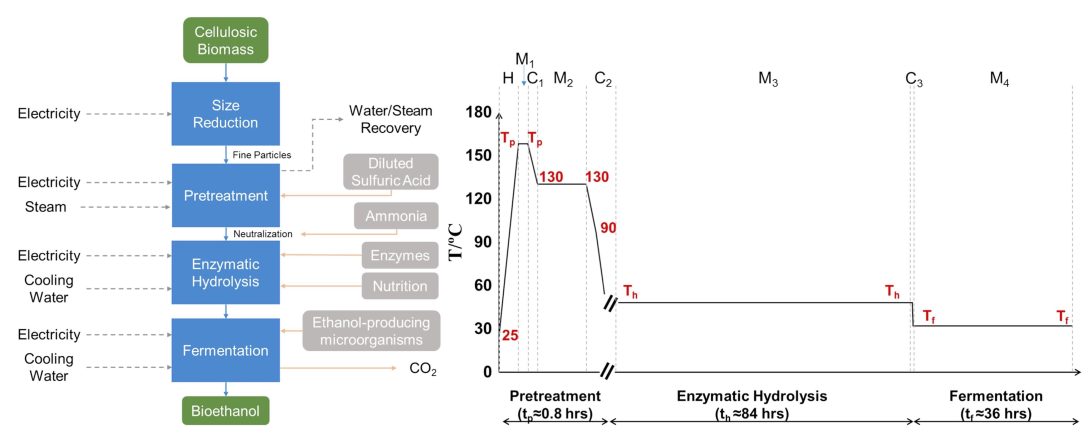The Sustainable Manufacturing Systems Research Laboratory (SMSRL) works on various research areas including but not limited to advanced, intelligent and sustainable manufacturing processes, joint production and energy modeling and control, advanced 3D/4D printing processes and environmental sustainability, electricity demand response of manufacturing systems, electric vehicle battery manufacturing and reliability assessment, economic viability of cellulosic biofuel manufacturing, and intelligent maintenance of manufacturing systems. The extension of engineering research to healthcare system is also an important research direction of the laboratory.
The Laboratory has received significant research funding from the U.S. National Science Foundation, U.S. Department of Energy, General Motors, Eaton Corporation, General Electric and other collaborators.
